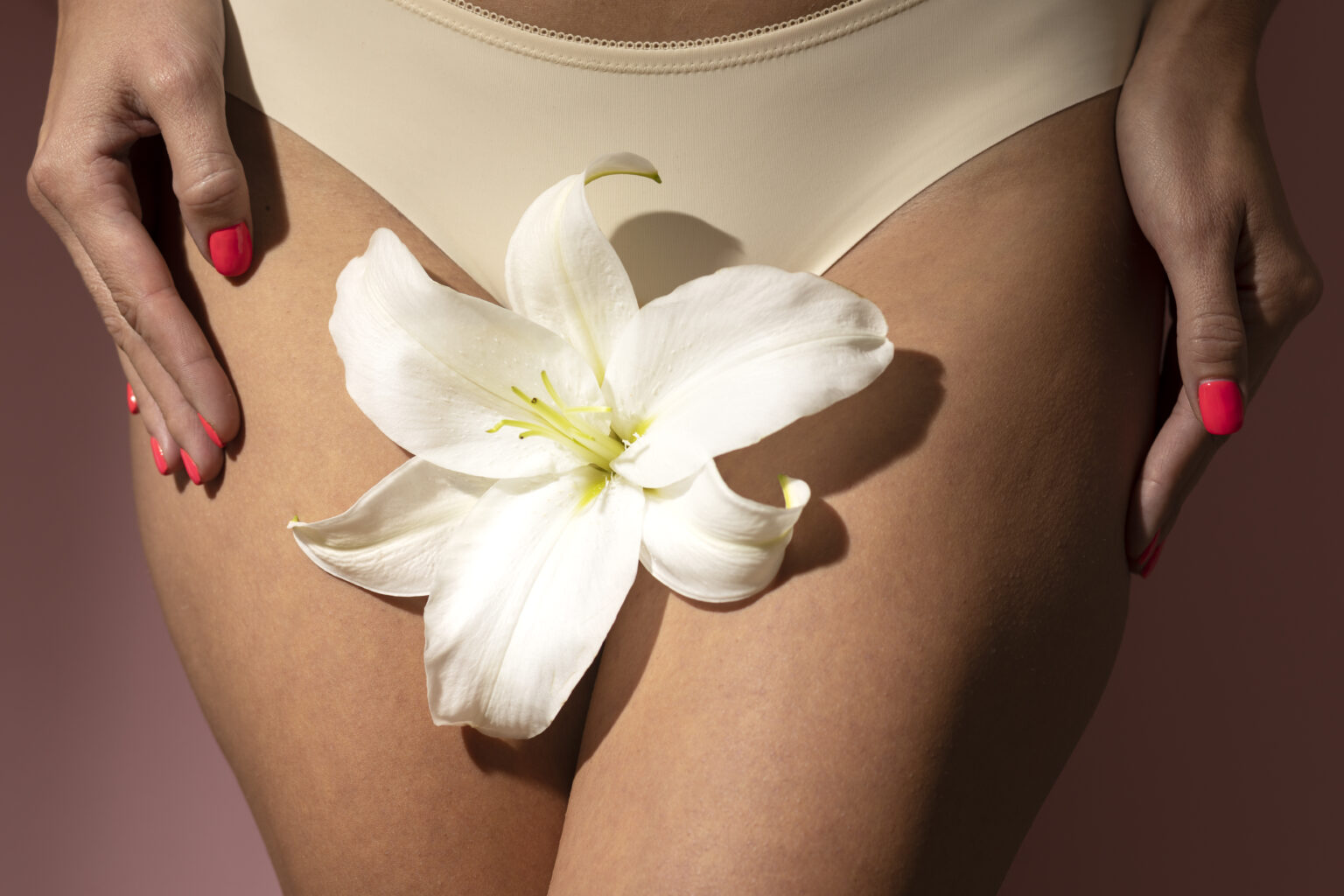Vaginal rejuvenation, including tightening and reshaping of the vaginal area, has gained significant attention in recent years. As women seek ways to enhance their intimate health and wellness, it’s essential to understand what vaginal rejuvenation entails. Here are 15 things South African women should know about this procedure.
1. What is Vaginal Rejuvenation?
Vaginal rejuvenation refers to various procedures aimed at tightening and reshaping the vaginal area. It can address concerns related to aging, childbirth, or hormonal changes, enhancing both physical and sexual health.
2. Types of Procedures
There are two main types of vaginal rejuvenation procedures: surgical and non-surgical. Surgical options include vaginoplasty and labiaplasty, while non-surgical options often involve laser treatments or radiofrequency therapy.
3. Surgical vs. Non-Surgical Options
- Surgical Vaginal Rejuvenation: Involves more invasive techniques, requiring anesthesia and longer recovery times. Procedures can tighten the vaginal canal and reshape the labia.
- Non-Surgical Vaginal Rejuvenation: Uses laser or radiofrequency technology to stimulate collagen production and tighten the vaginal tissues without incisions.
4. Reasons for Seeking Vaginal Rejuvenation
Women may pursue vaginal rejuvenation for various reasons, including:
- Decreased vaginal tightness after childbirth
- Vaginal dryness or discomfort
- Cosmetic concerns regarding the appearance of the vulva
- Improvement in sexual satisfaction
5. Consultation is Key
Before undergoing any procedure, it’s essential to consult with a qualified healthcare provider. A thorough assessment of your medical history and concerns will help determine the most suitable option for you.
6. Expectations and Realistic Goals
Setting realistic expectations is crucial. Vaginal rejuvenation can enhance physical comfort and confidence, but it may not address all sexual health issues. Open communication with your doctor about your goals is important.
7. Safety and Risks
Like any medical procedure, vaginal rejuvenation comes with risks. Possible complications include infection, scarring, and dissatisfaction with the results. Discuss these risks with your healthcare provider during your consultation.
8. Recovery Time
Recovery times vary based on the procedure chosen. Surgical options may require weeks for full recovery, while non-surgical treatments often allow for a quicker return to daily activities.
9. Cost Considerations
The cost of vaginal rejuvenation can vary significantly based on the type of procedure and the provider. Many medical aids in South Africa do not cover these procedures, so it’s essential to discuss financial aspects beforehand.
10. Vaginal Rejuvenation and Sexual Health
Many women report increased sexual satisfaction after vaginal rejuvenation procedures. Tightening the vaginal canal can enhance sensitivity and pleasure during intimacy.
11. The Role of Hormones
Hormonal changes, particularly during menopause, can impact vaginal health. Vaginal rejuvenation can help combat issues like dryness and discomfort, improving overall well-being.
12. Alternative Treatments
In addition to surgical and non-surgical rejuvenation, alternative treatments such as pelvic floor exercises (like Kegels) and vaginal moisturizers can also improve vaginal health and tighten muscles.
13. Cultural Perspectives
In South Africa, discussions about vaginal health and rejuvenation are still evolving. Educating oneself and fostering open conversations can help destigmatize these topics and empower women to make informed decisions.
14. Importance of Aftercare
Post-procedure care is vital for optimal healing and results. Following your provider’s aftercare instructions is essential to minimize risks and enhance recovery.
15. Empowerment Through Knowledge
Understanding vaginal rejuvenation can empower women to make informed decisions about their bodies. Knowledge is key to navigating options that can improve comfort, confidence, and overall sexual health.
Vaginal rejuvenation can be a beneficial option for women seeking to enhance their intimate health and comfort. It is essential for South African women to educate themselves on the available options, potential risks, and expected outcomes, fostering a proactive approach to their sexual wellness and overall quality of life.








